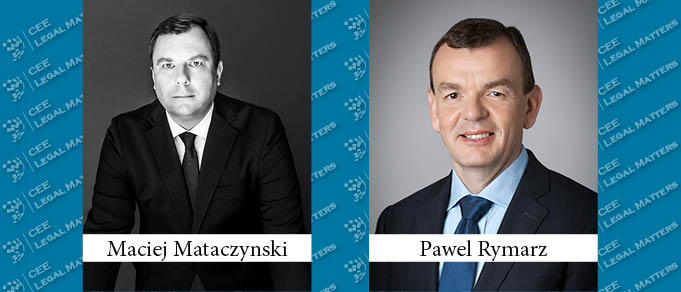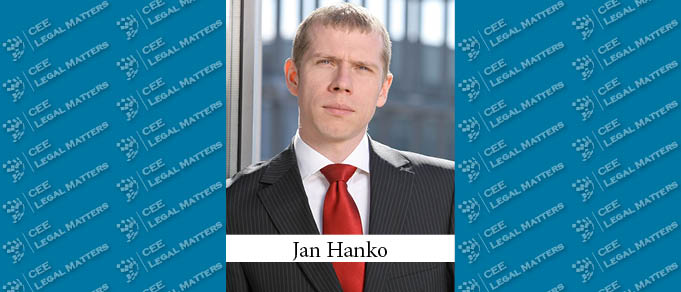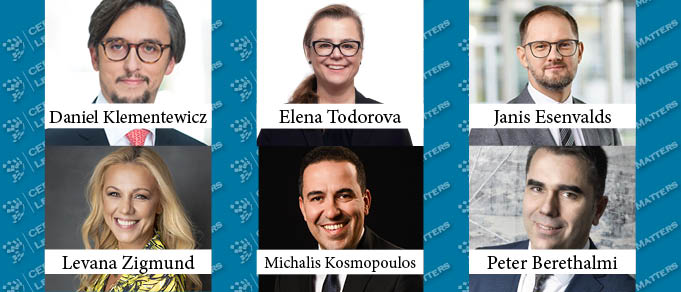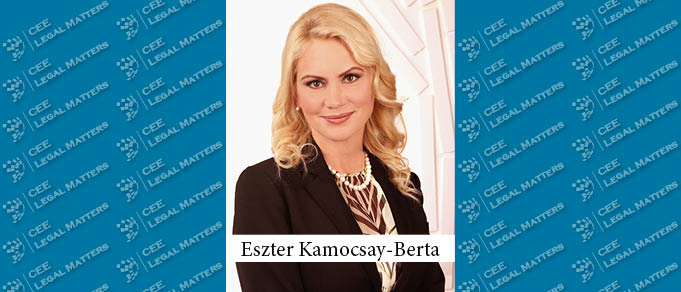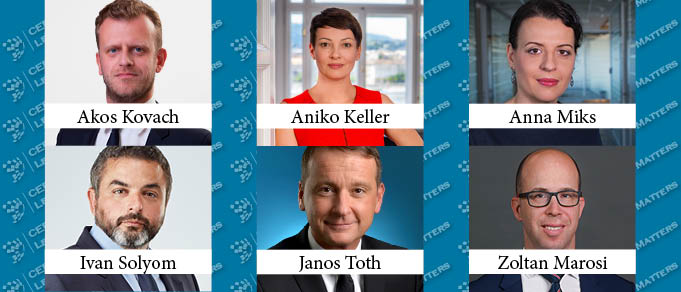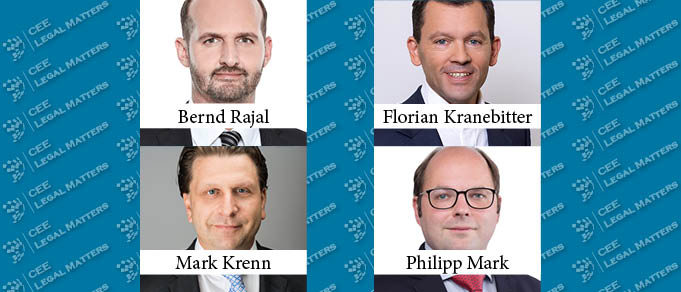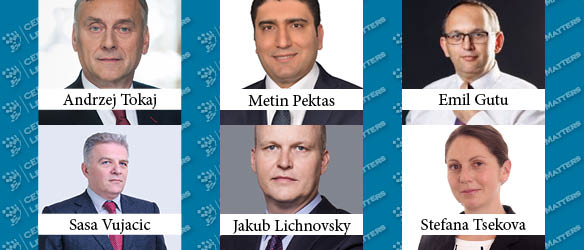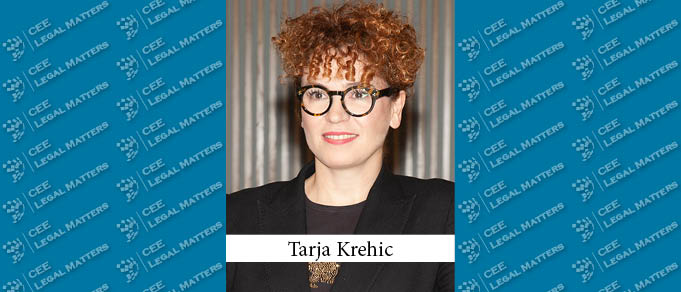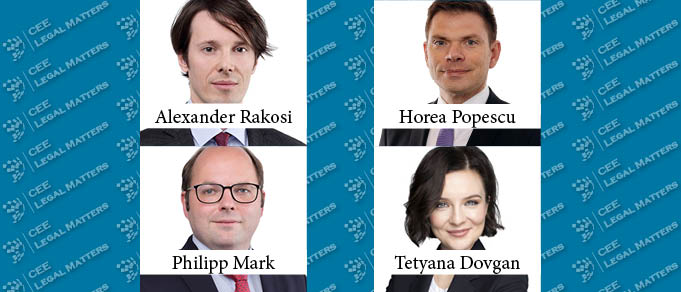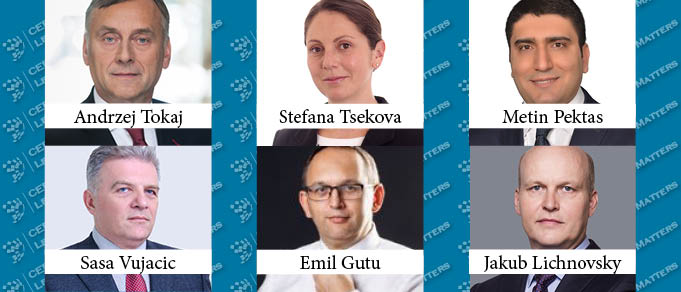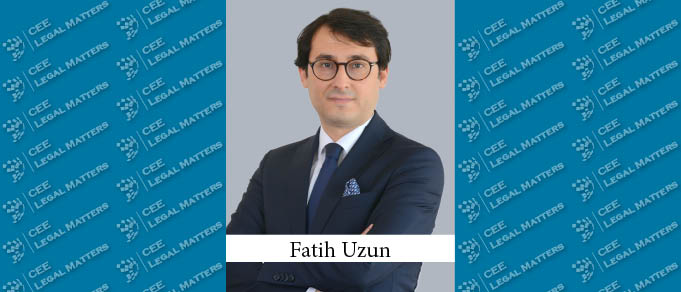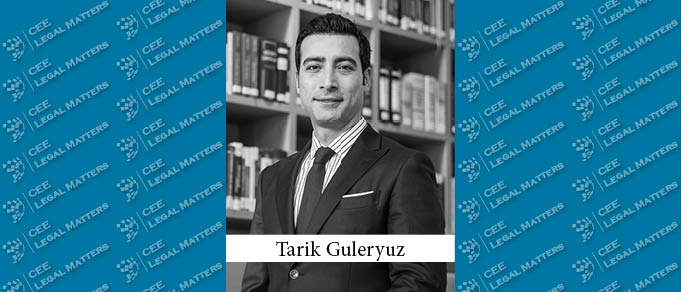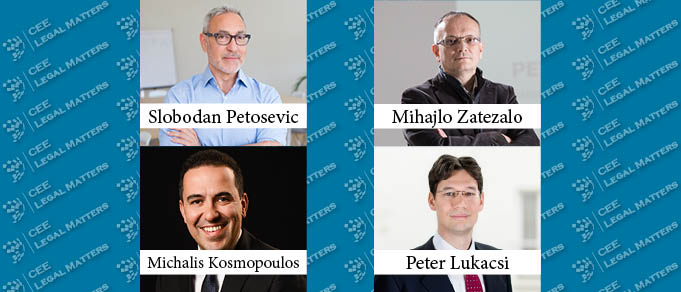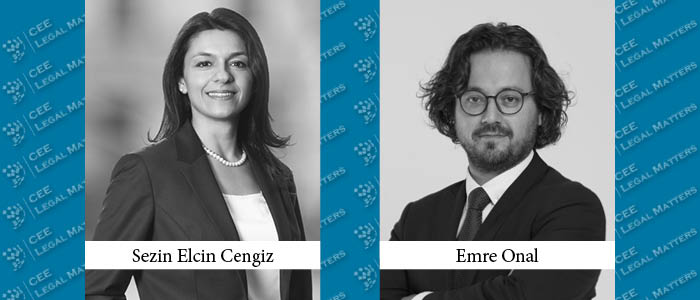While the deal looked almost impossible at first, with European Commission officials hawkish about its competition implications, PKN Orlen’s acquisition of Grupa Lotos eventually came to pass. For the two Polish energy leviathans the path towards unification was not an easy one, but that goal became a lot nearer following the EC’s 2020 approval. To learn more about the merger and how it managed to beat the odds we spoke to SMM Legal Managing Partner Maciej Mataczynski and Rymarz Zdort Managing Partner Pawel Rymarz.
Slovakia’s New FDI Screening Mechanism – Stuck in Limbo
In 2021 the Slovakian legal framework was set to be updated with a new FDI screening mechanism, echoing the wave of similar legislative updates throughout the European Union. However, after almost a full year, the proposed draft act has not yet come to pass. CEE Legal Matters spoke with Ruzicka and Partners Banking & Finance Partner Jan Hanko about the process, the draft itself, and its potential consequences on the Slovakian market.
Recovery and Resilience Plans in CEE: Overview and Implementation
Entering into force on February 19, 2021, the EU Recovery and Resilience Facility aimed, according to the European Commission, “to mitigate the economic and social impact of the coronavirus pandemic and make European economies and societies more sustainable, resilient, and better prepared for the challenges and opportunities of the green and digital transitions.” CEE Legal Matters spoke with lawyers from Bulgaria, Greece, Hungary, Latvia, Poland, and Romania to learn what each country focused on, with its Recovery and Resilience Plan (RRP), and what difficulties lie ahead, now that these plans have been submitted to the EC.
Guest Editorial: The New Need for True Believers
As legal professionals and human beings with empathy, we keep reflecting on recent developments in Ukraine. Our heart goes out to our fellow people, and we trust that history will show us again: an imagined order cannot be sustained by violence. “You can do many things with bayonets, but it is rather uncomfortable to sit on them,” Charles Maurice de Talleyrand-Perigord insightfully pointed out. I’d like to believe that violent actions in Ukraine will come to an end or will have already ended by the time of the publication of this issue. Will, however, the impact of this war simultaneously also come to an end? As a result, how will the legal practice in CEE evolve and what developments should we expect?
Walking a Fine Line: Merger Control in Hungary
In the past few years, Hungary has witnessed accelerated merger trends in the fields of TMT, healthcare, and energy, among others. We reached out to several competition lawyers and spoke about Hungarian merger control regulations and the role of the Hungarian Competition Authority (HCA).
Austrian Market Adapting to the New Realities of the Taxonomy
With the world slowly reaching what many scientists label “a point of no return” for climate change, countries worldwide are doing their best to combat environmental damage. To that end, the European Union has developed climate and energy targets for the upcoming decade, stating that it is “vital that we direct investments towards sustainable projects and activities.”
In Search of a New Energy Normal (Part 2) – What’s the Plan?
Energy prices have been a salient issue in CEE for the past year. Part 1 of this article covered just how high the energy prices had climbed in Bulgaria, the Czech Republic, Moldova, Montenegro, Poland, and Turkey, the impact of those prices on people, businesses, and governments, as well as the reasons why some countries fared better than others. Then Russia’s war against Ukraine changed everything, making a new energy pricing normal seem more distant than ever. In Part 2 we look at what energy experts believe could alleviate the situation and whether the war has impacted those plans.
Guest Editorial: M&A and Legal Consultancy Trends in CEE
The latest trend in M&A advisory, in Croatia and the region, is to offer to both sellers and buyers of CEE targets a special type of M&A insurance policy – a Warranty Insurance Policy (WIP).
ESG: Reimagining The Investment Landscape
CEE Legal Matters spoke with CMS Partners Alexander Rakosi, Horea Popescu, Philipp Mark, and Tetyana Dovgan about the impact the rise of ESG is having on the M&A landscape.
The Corner Office: Favorite Professor
In “The Corner Office” we ask Managing Partners at law firms across Central and Eastern Europe about their backgrounds, strategies, and responsibilities. The question this time: Who was your favorite professor in university and why?
Exploring The Decrease in the Number of Ranked Firms in Ukraine
According to the CEE Legal Matters CEE By The Numbers report, between 2019 and 2021, Ukraine saw a large decrease in the number of ranked law firms and lawyers at ranked firms. While in 2019 the number of Ukrainian law firms ranked by Chambers & Partners and Legal 500 was 95, in 2021 the same number decreased to 69. Similarly, the number of ranked-firm lawyers decreased from 1,579 in 2019 to 1,338 in 2021. The decreasing trend is particularly visible in comparison to other CEE countries.
International Firms’ Presence in Slovakia – Not a Passing Trend
The Slovakian legal market has, for quite some time, been a vibrant landscape of international law firms. Given the positioning of the central European country, and the proximity of major markets such as Austria, Poland, and Ukraine, Slovakia has been able to maintain the high number of international law firms, especially relative to other CEE jurisdictions. Taking a deeper dive into the reasons behind the persistence of such a high number of major international law firms, we reached out to legal professionals who work in Slovakia to get their insights.
Guest Editorial: CEE – A Challenging But Attractive Market
Central European countries represented and continue to represent quite an attractive market for international investors, mainly due to the stable economic environment, relatively lower labor costs compared to the rest of the European regions, favorable tax environment, and the availability of tax incentives.
In Search of a New Energy Normal (Part 1)
In the past twelve months, energy prices seem to have taken a life of their own. Their continued and, at times, shocking growth has raised concerns across the region and prompted differing responses and policy changes in each country. To get a more accurate picture of recent developments, we reached out to experts in Bulgaria, the Czech Republic, Moldova, Montenegro, Poland, and Turkey and asked them about the current energy prices, their impact on local economies, the drivers behind their growth, and whether any plans were in place to address the issue.
Nazali: Expanding Horizons
It is not often that a CEE law firm decides to expand beyond the borders of its home market. Seeking out clients abroad and maintaining a standard of quality service is not only taxing but may also prove harmful – if not planned correctly.
Guest Editorial: Impressions From the New Kid on the Block
When much was happening around the world, especially with the global pandemic, we decided to start our firm – Guleryuz & Partners – in September 2020. We made a major investment ignoring all the current challenges, including COVID-19 and the sluggish Turkish economy.
Checking In with Greece
January is always a good time to look back, take stock, and make plans. And 2021, while a complicated year, was in no way uneventful. Across CEE, we’ve had lawyers and law firms variously reporting on – besides the obvious pandemic-related restrictions and increased work flexibility – a record year for M&A transactions, growing green energy, effervescent capital markets, a surprisingly solid real estate sector, ascendant ESG practices, a renewed focus on infrastructure, and TMT going from strength to strength.
Inquiry Into IP: Three CEE Boutiques
Practicing IP has always been a tricky matter, given the complexity and the diversity of this area of law. We reached out to experts from several IP-focused law firms – Hungary’s SBGK, Serbia’s Petosevic Group, and Greece’s Drakopoulos – to learn more about their origins, specializations, structures, and operations.

